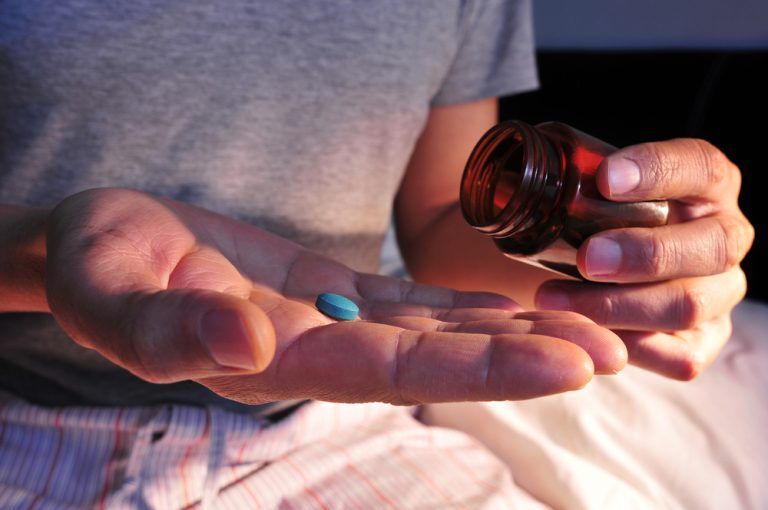What Is Clinical Depression?
Advance Minds Blog
A safe space to explore subjects within the community such as mental health, substance abuse and personal identity.
Our safe space also provides the opportunity for real individuals to express their hardships and success through writing.
What Is Clinical Depression?

What Is Clinical Depression?
Clinical depression, also known as major depression or major depressive disorder, refers to a serious and chronic mental health condition. It involves persistent feelings of sadness, hopelessness, and worthlessness. Unlike temporary emotional lows, the symptoms of major depression are long-lasting and can significantly impact one's ability to function.
Many individuals with clinical depression seek help through therapy, counseling, or prescribed medication to manage the symptoms.
When someone is clinically depressed, their thoughts and emotions often become trapped in a negative cycle, leading to regular feelings of sadness and low mood.
Below are some key signs of clinical depression. If you recognize any of these symptoms in yourself, it's important to seek professional support as soon as possible:
- Feeling Helpless and Hopeless: You may feel like you're in a dark place, with the belief that nothing will improve. You might feel powerless in your situation, unsure of where to turn or who can help.
- Loss of Interest in Activities: Things that once brought you joy—such as hobbies, socializing, or work—no longer seem appealing. Sadness and lack of motivation can make these activities feel like a burden.
- Insomnia or Oversleeping: You may find it hard to fall asleep due to racing thoughts and negative emotions, or you might experience the opposite—sleeping excessively but still feeling exhausted.
- Low Self-Esteem: A constant inner dialogue of self-criticism and feelings of inadequacy can take over. You might avoid social situations out of fear of judgment or conflict
.
- Anxiety and Agitation: Frequent feelings of worry or apprehension may lead to irritability and restlessness, making it hard to relax or feel at ease.
- Difficulty with Movement and Fatigue: Simple tasks, like getting out of bed, can feel overwhelming. You may also experience fatigue throughout the day.
- Lack of Focus and Concentration: It becomes difficult to engage with others or stay focused on tasks.
- Mood Swings: Your emotions might fluctuate rapidly, where moments of happiness are quickly replaced by sadness.
- Suicidal Thoughts: In severe cases, you may feel like the only way to escape the emotional pain is through suicide.
If you or someone you know is showing any of these symptoms, professional help is essential to manage and overcome clinical depression.
















